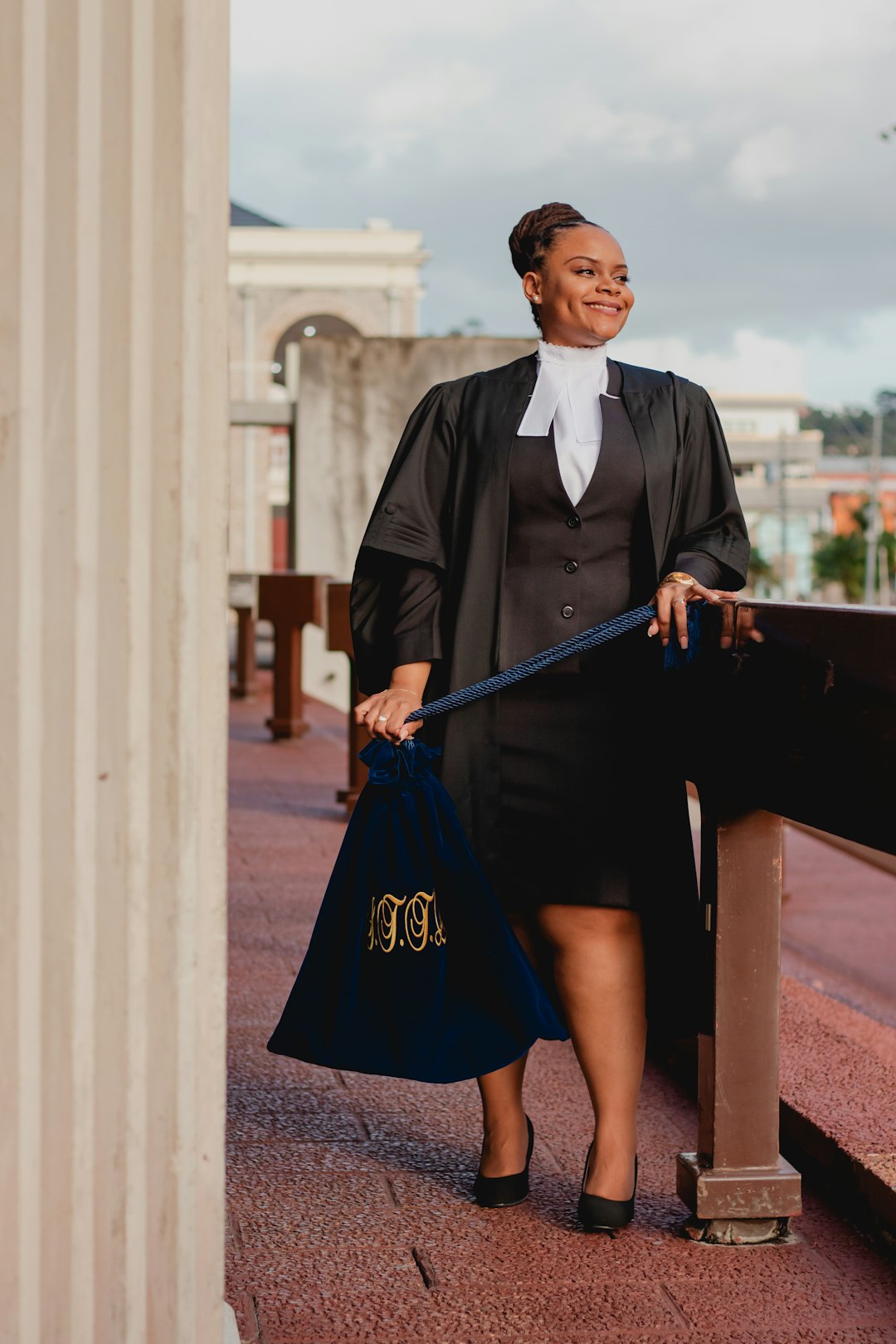Inadequate legal protections in South Carolina have led to a high prevalence of sexual assaults, emphasizing the urgent need for specialized legal support. Sexual assault lawyers and attorneys play a critical role by advocating for survivors, strengthening laws against systemic failures, and ensuring victims receive comprehensive justice. These professionals, operating through sexual abuse law firms, address loopholes, improve reporting mechanisms, and foster a culture of accountability. Their multi-faceted approach includes strategic litigation, public awareness, and community partnerships to protect survivors' rights and dismantle structures enabling sexual violence in South Carolina.
South Carolina grapples with a significant challenge: systemic failures that enable and perpetuate sexual abuse. This complex issue requires a multifaceted approach, involving an in-depth understanding of institutional roles, policy gaps, and the impact on survivors.
This article explores these dynamics, delving into: the role of institutions and policies; the effects of inadequate legal frameworks; potential strategies for reform; and the vital work of sexual assault lawyers in South Carolina who advocate for victims’ rights and justice.
Discover how sexual abuse law firms in South Carolina are fighting to change a culture that has long enabled these crimes, providing hope and support to survivors.
- Understanding Systemic Failures: The Role of Institutions and Policies in Preventing Sexual Abuse
- The Impact of Inadequate Legal Frameworks on Survivors: A Look at South Carolina's Laws
- Strategies for Reform: Enhancing Legal Protection and Support Systems for Victims
- The Journey to Justice: How Sexual Assault Lawyers in South Carolina Are Fighting for Change
Understanding Systemic Failures: The Role of Institutions and Policies in Preventing Sexual Abuse
Understanding systemic failures is a crucial step in addressing and preventing sexual abuse within South Carolina’s institutions. These failures often manifest as gaps or weaknesses in policies, procedures, and practices that enable abusers to exploit and harm vulnerable individuals. Institutions like schools, places of worship, healthcare facilities, and government agencies have a collective responsibility to create safe environments. This involves implementing robust reporting mechanisms, conducting thorough background checks, providing comprehensive training for staff and volunteers, and establishing clear protocols for handling allegations.
South Carolina’s sexual assault lawyers and attorneys specializing in sexual abuse cases play a vital role in holding these institutions accountable. They work with survivors to ensure that the perpetrators are brought to justice and that the affected individuals receive the support and compensation they deserve. By partnering with reputable sexual abuse law firms, South Carolina residents can access legal representation tailored to their unique needs, fostering a culture of accountability and safety within the state.
The Impact of Inadequate Legal Frameworks on Survivors: A Look at South Carolina's Laws
Inadequate legal frameworks have profound impacts on survivors of sexual abuse in South Carolina. Loopholes and weak legislation can create a safe haven for perpetrators, deterring survivors from coming forward due to fear of inadequate protection or justice. This is particularly concerning given the state’s high rates of reported sexual assaults, indicating a persistent problem that requires urgent attention from legal professionals specializing in these cases.
South Carolina’s laws surrounding sexual assault often fall short of providing comprehensive support for victims. A lack of stringent penalties and inconsistent enforcement can send a message that such crimes are not taken seriously. Survivors may face additional trauma navigating complex legal systems with limited resources and specialized support. This is where sexual abuse attorneys in South Carolina play a crucial role, advocating for survivors and pushing for reforms to strengthen the legal framework against systemic failures enabling sexual violence.
Strategies for Reform: Enhancing Legal Protection and Support Systems for Victims
Addressing systemic failures requires a multi-faceted approach, especially when tackling complex issues like sexual abuse. One crucial strategy is to enhance legal protection for victims and strengthen support systems. In South Carolina, there’s an increasing demand for specialized legal representation to combat these issues effectively.
Sexual assault lawyers and attorneys in South Carolina play a pivotal role in advocating for survivors. They work tirelessly to ensure that victims have access to justice and the resources they need to heal. By utilizing their expertise, these professionals can help reform existing laws, improve reporting mechanisms, and establish more robust support networks. A sexual abuse law firm in South Carolina can offer comprehensive guidance, representing victims across various legal domains, from civil lawsuits against perpetrators to criminal proceedings, ensuring that the rights of survivors are protected at every step.
The Journey to Justice: How Sexual Assault Lawyers in South Carolina Are Fighting for Change
In South Carolina, a dedicated group of sexual assault lawyers and advocates is tirelessly navigating the complex legal landscape to challenge systemic failures that have long enabled sexual abuse. These attorneys, working within sexual abuse law firms across the state, are not just fighting for justice for victims; they’re also advocating for legislative changes and policy reforms to prevent future harm. By leveraging their expertise in sexual assault laws, they expose institutional shortcomings and hold perpetrators, as well as institutions complicit in covering up abuses, accountable.
Their journey towards justice involves strategic litigation, public awareness campaigns, and collaborative efforts with community organizations. Through these initiatives, sexual abuse attorneys in South Carolina are not only securing convictions but also fostering a culture of accountability. They are instrumental in ensuring that survivors’ voices are heard, their rights protected, and their experiences used to dismantle the structures that have facilitated sexual violence.





